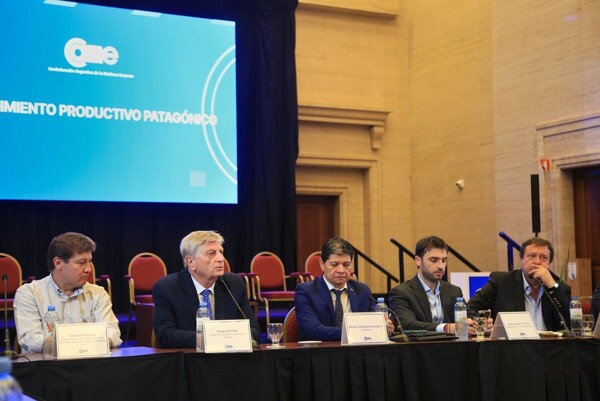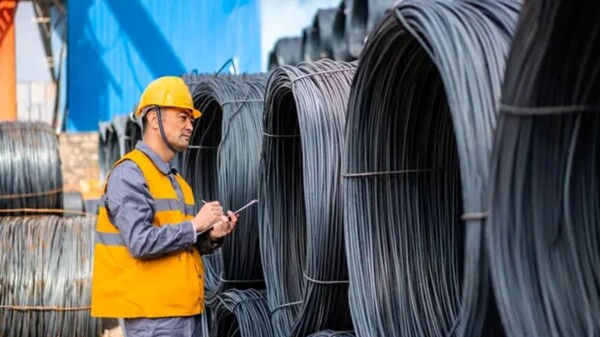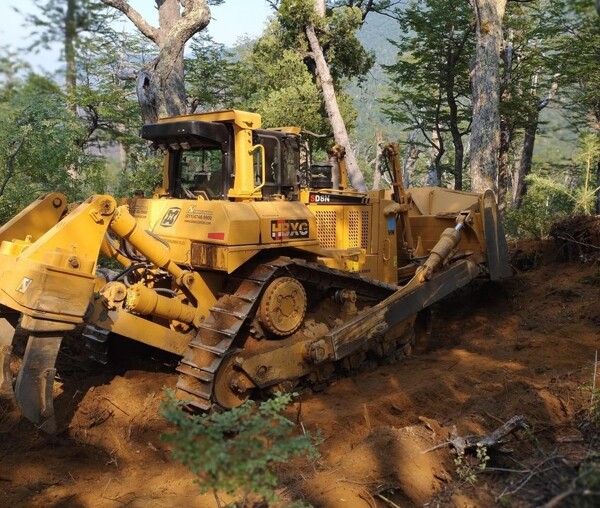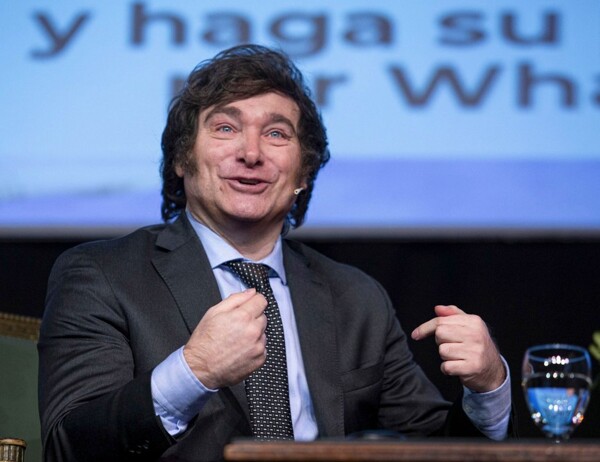
As the last three presidential elections have shown, Peronism is trying not to repeat names. The pool of competitive figures is shrinking, and Kicillof emerges as the likely competitor to Milei. The contest will not be easy, as he is not the only one who wishes to occupy the presidential office. There is a host of leaders from La Cámpora who seek to establish other political figures, although with low chances of winning an election. Milei smiles. On the other hand, all of Peronism has the nearly impossible task of getting on the same boat that will inevitably need a clear captain at the helm. The one with the best chances of running for president is the Governor of Buenos Aires, Axel Kicillof. The truth is that for ten years he has wanted to be the candidate, but he was systematically replaced by Daniel Scioli (2015), Alberto Fernández (2019), and Sergio Massa (2023). This was one of the points of dispute with former President Cristina Kirchner, from whom he tried to distance himself starting in early 2024—a strategy he had to abandon, at least temporarily, after the conviction of the leader of the Justicialist Party. This does not derail his aspirations and gives him an advantage. Peronism is reorganizing after its defeat in last Sunday's legislative elections. It has two years to find a common ground where the different factions of the movement can converge in order to contest power in 2027. Meanwhile, President Javier Milei is in a moment of total elation. With the unexpected results and a commanding lead over La Libertad Avanza (15 percentage points), the National Government feels it has enough power to condition those who want to join its ambitious plans. Part of this could be seen last Thursday when he met with a group of governors at the Casa Rosada to discuss certain relevant projects, such as tax and labor reforms. The Government knows that since the last election, it has a much wider political terrain, but it also knows it needs allies and dialogue-makers to carry out its government plan without facing obstacles in the National Congress. Therefore, the next two years can be expected to see, on one hand, a more open-to-dialogue and less confrontational administration with centrist forces, and on the other, a Peronism that will undoubtedly deepen its opposition stance. Both will face the same challenge: to win the Casa Rosada in the 2027 general elections in a polarized scenario reminiscent of past elections like those in 2015. Milei will seek re-election; he has already announced it. Once again, Milei smiles. He feels the scenario could not be more advantageous. Facing Kicillof would represent a dispute he considers already won. It is literally to have the ideological and economic opposite in front of him. If to this is added the moderation of the president and a more amenable dialogue with center-right parties, with the consequent generation of medium-term agreements, the president has serious chances of continuing for four more years in government. Although the presidential elections are still far away, agreements take time, and the main political leaders are already positioning themselves for 2027. The Milei-Kicillof battle, for now, is the most likely scenario.














